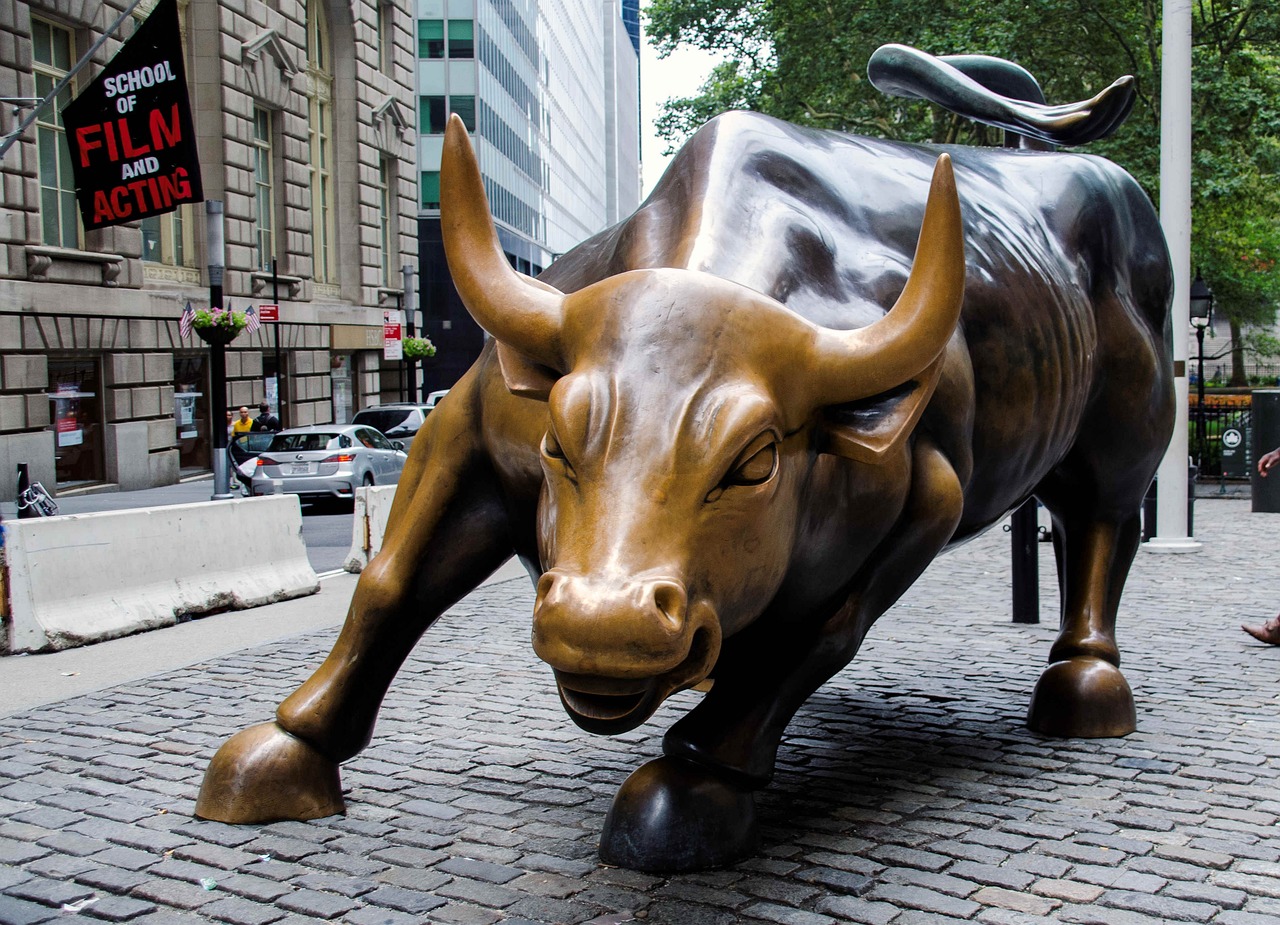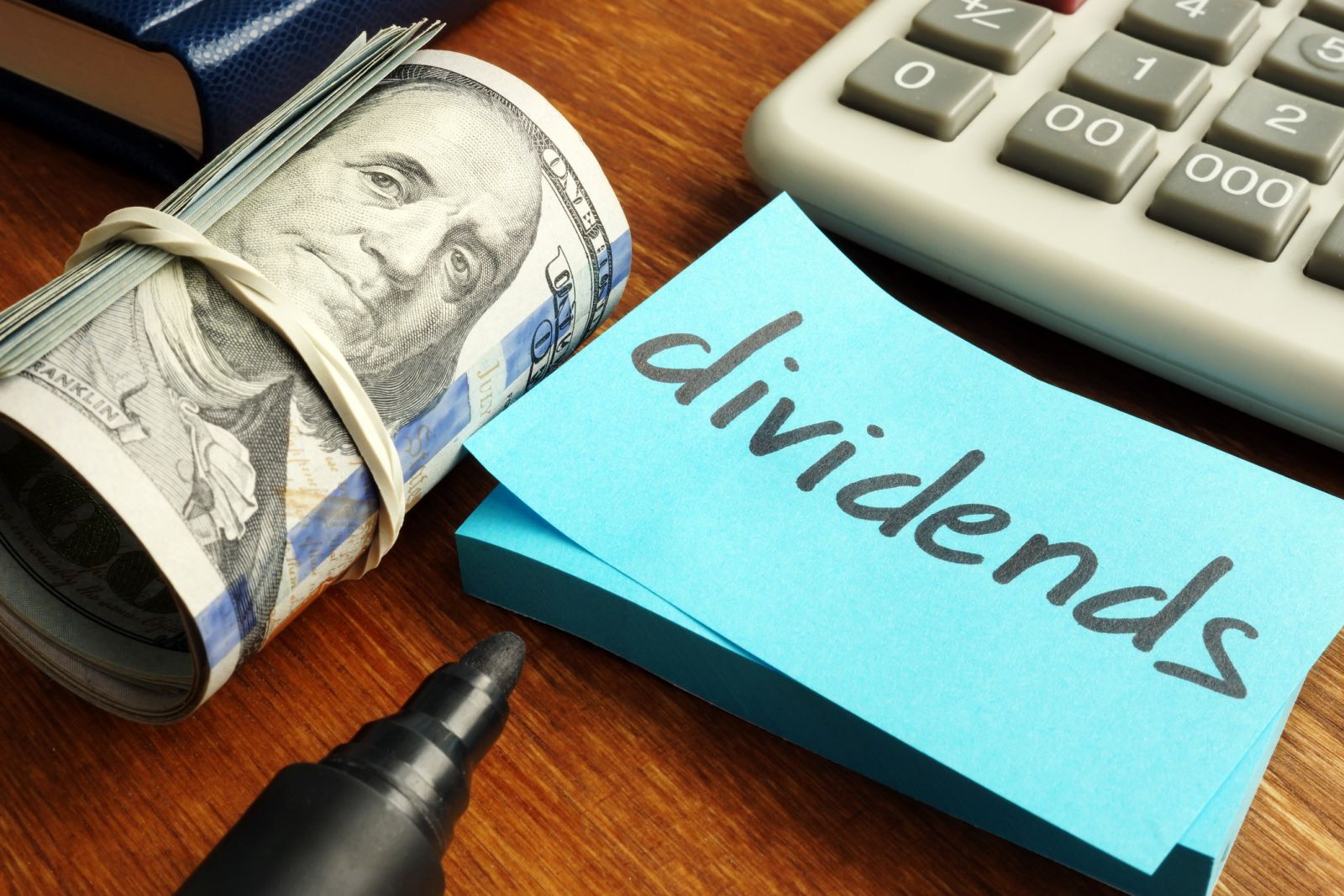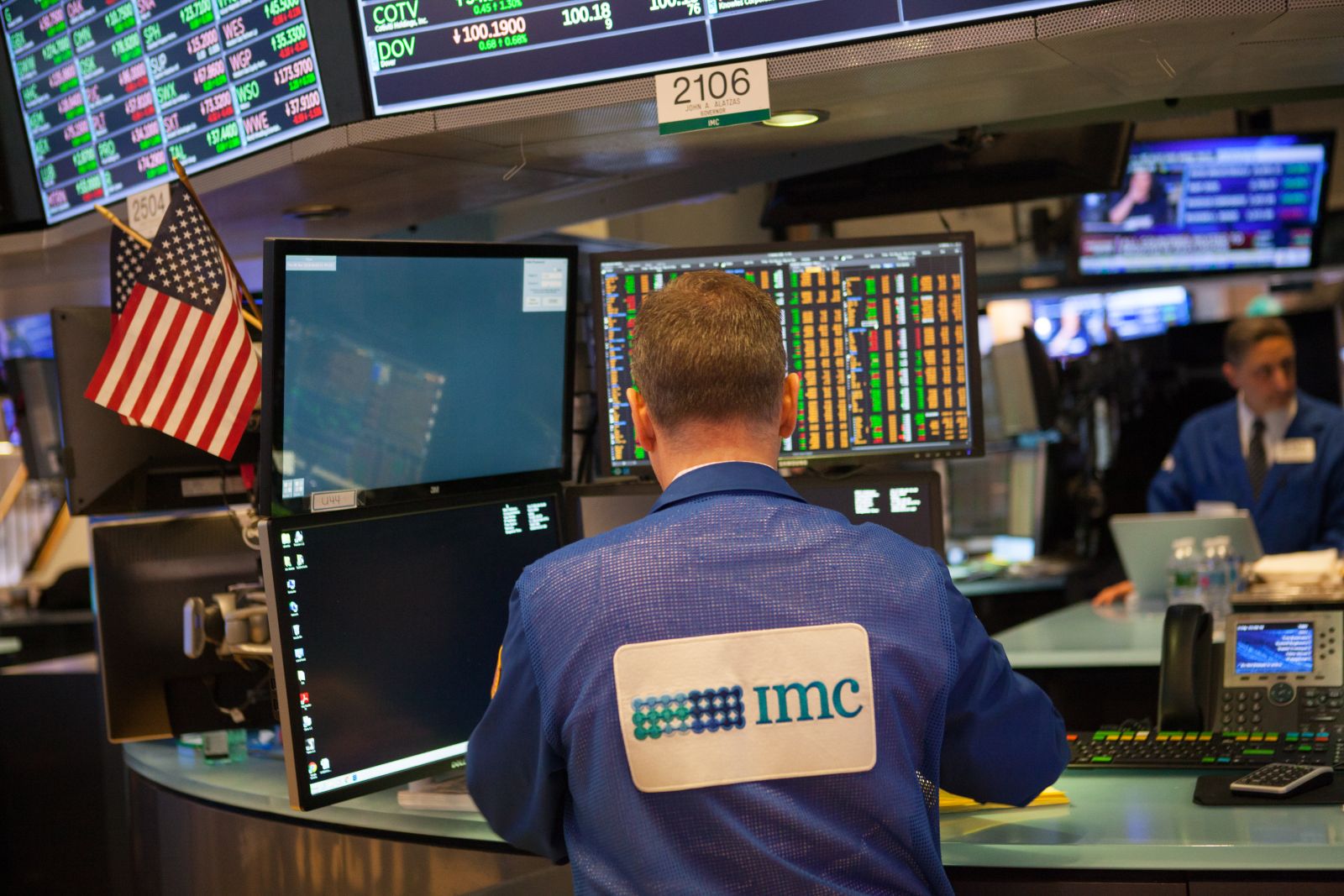President Donald Trump urged lower oil prices and immediate interest rate cuts during his virtual address at the World Economic Forum (WEF) in Davos on Thursday. Trump called on Saudi Arabia and other OPEC nations to reduce energy costs, predicting this would curb inflation and allow for global rate reductions. He also reaffirmed his support for tariffs to redirect manufacturing back to the U.S., vowing to impose levies on companies operating abroad to fund domestic economic growth. Trump highlighted recent commitments from corporations, including a $600 billion investment pledge by Saudi Arabia's Crown Prince Mohammed Bin Salman, which the president aims to expand to $1 trillion. He also lauded SoftBank’s partnership with OpenAI (MSFT) and Oracle (ORCL) to build artificial intelligence infrastructure in the U.S., calling it critical to maintaining the country’s technological edge. Trump’s focus on domestic energy production and deregulation contrasts sharply with European priorities on climate policy, creating a potential flashpoint in international relations. Market Overview:
- Trump calls on OPEC to lower oil prices, urging global inflation relief.
- SoftBank, OpenAI, and Oracle commit to U.S. AI investments.
- Tariff proposals on China, Mexico, and Canada loom as Trump reaffirms protectionist stance.
- Saudi Arabia pledges $600 billion investment, with pressure to increase to $1 trillion.
- U.S. fossil fuel production to rise as subsidies for EVs face elimination.
- European leaders worry about competitive disadvantages from U.S. energy policy shifts.
- Feb. 1 deadline approaches for potential tariffs on Canada, Mexico, and China.
- World leaders adjust to Trump's return and renewed focus on U.S. energy dominance.
- Trump's economic team awaits Senate confirmations, delaying further policy clarity.
- Trump’s call for lower oil prices and increased domestic energy production could reduce inflationary pressures, benefiting consumers and boosting U.S. economic growth.
- The $600 billion investment pledge from Saudi Arabia, with potential to grow to $1 trillion, underscores strong international confidence in U.S. economic policies and infrastructure projects.
- SoftBank’s partnership with OpenAI and Oracle to build AI infrastructure in the U.S. positions the country as a global leader in advanced technology, driving innovation and job creation.
- Trump’s protectionist tariff proposals aim to redirect manufacturing back to the U.S., potentially revitalizing domestic industries and creating high-paying jobs.
- Increased fossil fuel production, coupled with deregulation, could enhance U.S. energy independence while reducing reliance on foreign imports.
- Trump’s push for tariffs on Canada, Mexico, and China risks escalating trade tensions, potentially disrupting global supply chains and increasing costs for U.S. businesses and consumers.
- Calls for lower oil prices may strain relations with OPEC nations, particularly Saudi Arabia, jeopardizing future cooperation on energy policy and investment commitments.
- The elimination of subsidies for EVs could slow the transition to renewable energy, putting the U.S. at odds with global climate goals and alienating environmentally conscious investors.
- European leaders’ concerns about competitive disadvantages from U.S. energy policies may lead to retaliatory measures, further complicating international trade relationships.
- Uncertainty surrounding Trump’s tariff deadlines and Senate confirmations could delay critical policy decisions, creating volatility in financial markets and business planning.
This article contains syndicated content. We have not reviewed, approved, or endorsed the content, and may receive compensation for placement of the content on this site. For more information please view the Barchart Disclosure Policy here.




/Quantum%20Computing/A%20concept%20image%20of%20a%20neon%20pink%20circuit%20board_%20Image%20by%20Gorodenkoff%20via%20Shutterstock_.jpg)
/AI%20(artificial%20intelligence)/Artificial%20Intelligence%20AI%20by%2013_Phunkod%20via%20Shutterstock.jpg)

